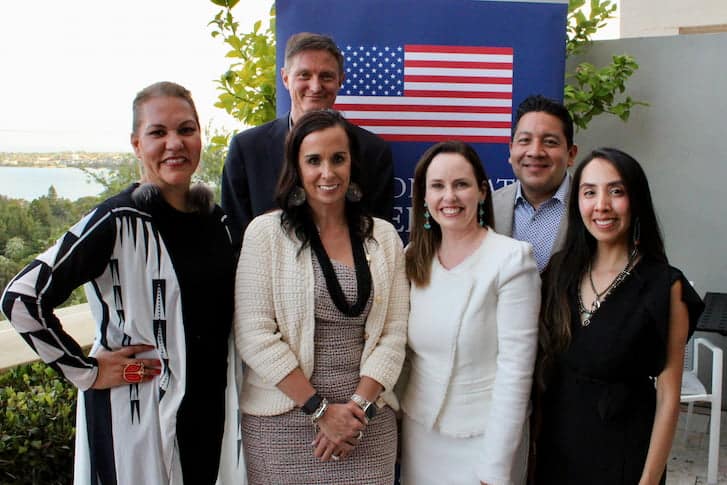Many businesses have had their hopes dashed after proposed amendments promising to make enterprise agreements (EAs) more flexible did not pass Federal Parliament.
The laws that did go through provide some certainty around casual employment arrangements, but for businesses that held off on the process of creating EAs, now is the time to consider alternatives.
CCIWA Workplace Relations Manager Ryan Martin explains the options available to businesses to achieve flexibility in the workplace.
1. Enterprise agreements may still be the best option
While the new laws provided no change to EAs, it may still be the best option for for some businesses.
Martin said this could also take the form of an in-term enterprise agreement.
“Particularly if your business is tendering for projects, has union involvement or would like consistency across their entire workforce,” Martin said.
2. Individual Flexibility Arrangements (IFA)
An IFA is a written agreement to change certain clauses in a worker’s award or agreement and is used to make alternative arrangements to suit the needs of an employer or employee.
“For some businesses, implementing an IFA is a reasonably straightforward way to tinker with certain things under the relevant modern award,” Martin said.
For example, businesses might be able to parcel up award allowances, loadings or penalties into a higher rate of pay.
“While this may achieve flexibility, it is important to be aware there IFAs have their limitations,” he said.
“They need to be prepared and offered to employees in a certain way and, most notably, they need to be agreed with each individual employee – and they can be terminated by either the employer or the employee with 28 days’ notice.”
3. Contracts with lawful offsetting provisions
While these contracts need to be individually agreed with each employee, they can provide employers the flexibility of incorporating certain award allowances, loadings or penalties into a higher rate of pay but with greater certainty.
“With any contact, they can only be varied by agreement between both the employer and employee,” Martin explained.
Any of the above options would need to satisfy the Fair Work Commission’s better off overall test and other legal requirements, and if you choose not to proceed with an enterprise agreement, there are additional obligations such as consultation with employees that would need to be considered so you should seek advice about what suits your workplace needs before proceeding.
More on the IR changes and workplace planning is available at our exclusive members-only Business Toolbox, including some technicalities around EAs here.
For advice and guidance on the issue, contact CCIWA’s Employee Relations Advice Centre on (08) 9365 7660 or email [email protected].













